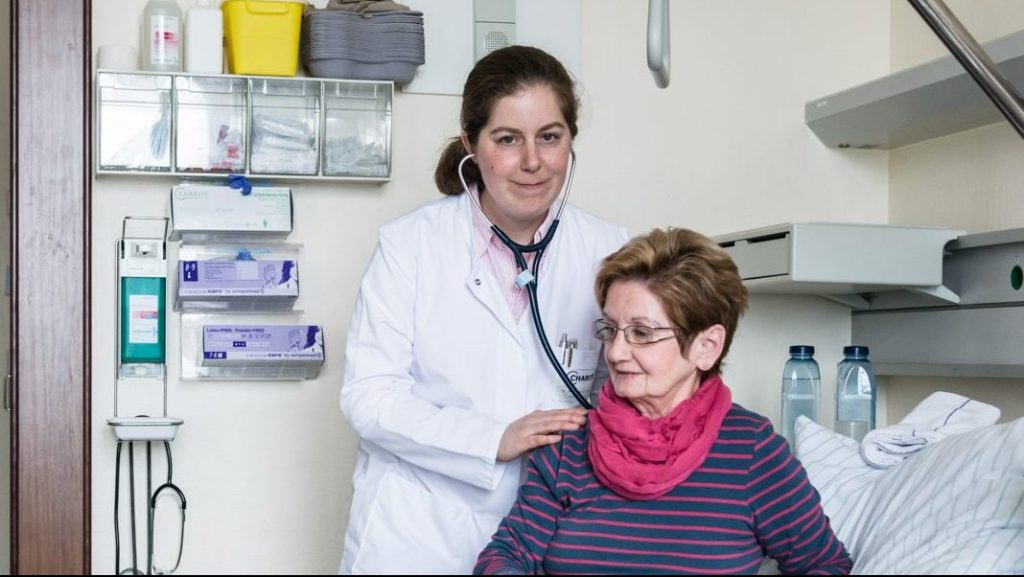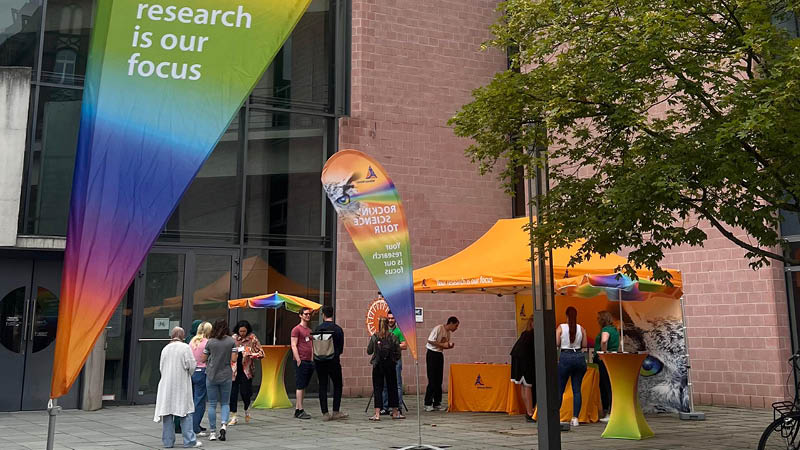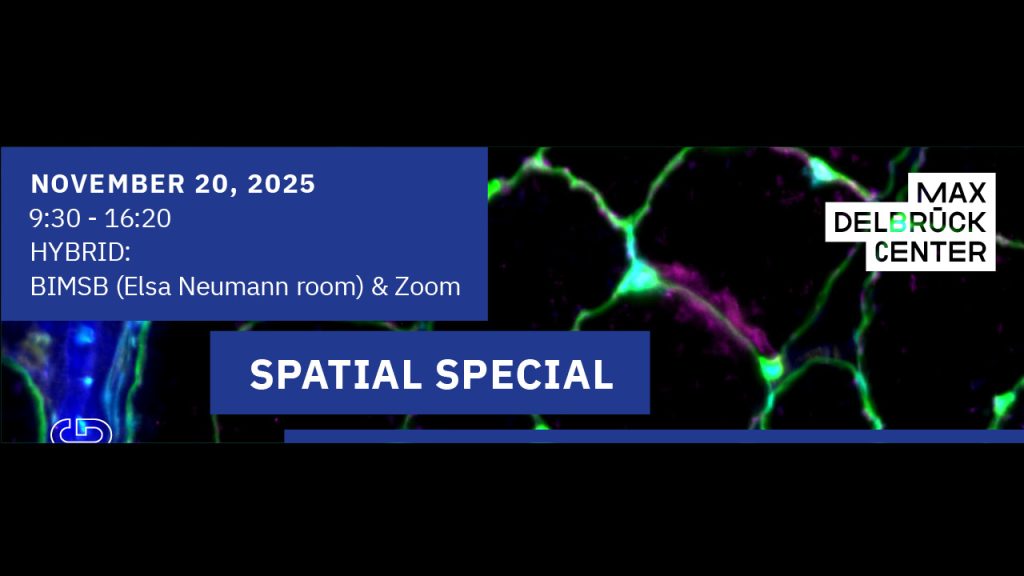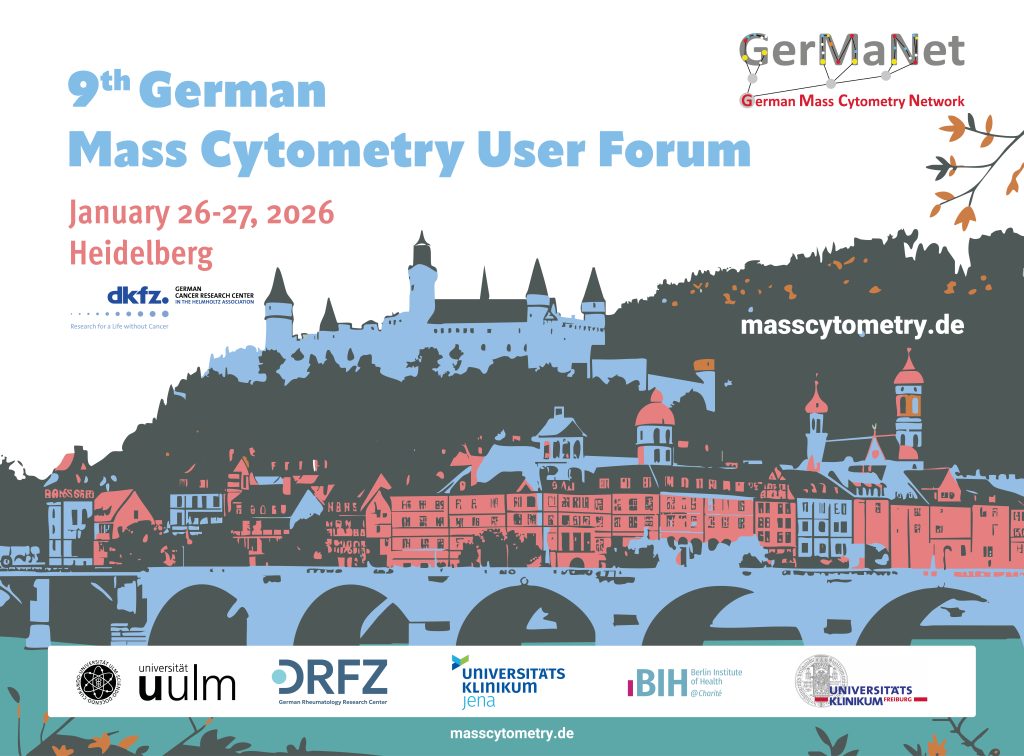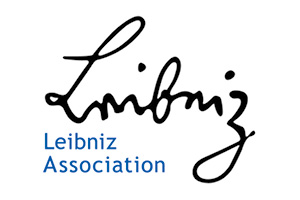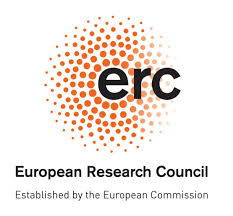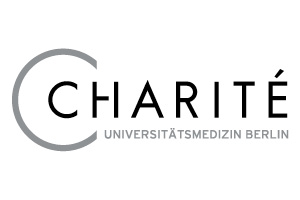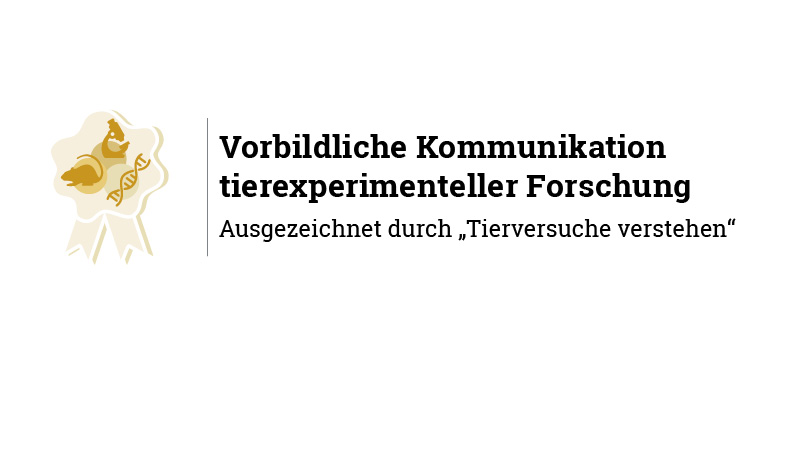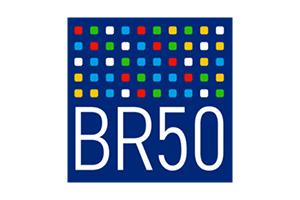Rheumatic diseases in focus. Rheumatic diseases in focus. Shaping health. German Rheumatology Research Center, a Leibniz Institute

German Rheumatology Research Center – Research for Better Therapies in Rheumatology
The DRFZ is conducting research into the causes of rheumatic diseases in order to develop innovative and personalized therapies. Using state-of-the-art technologies such as artificial intelligence and biomarker analysis, we are working on more precise diagnoses and more effective therapies.
Our aim is to improve the quality of life of patients in the long term, close gaps in care and open up new avenues for treatment of rheumatic diseases – by directly transferring research into practice.
Upcoming Events
Our research areas
Focus on immune cells: advanced technologies at the DRFZ
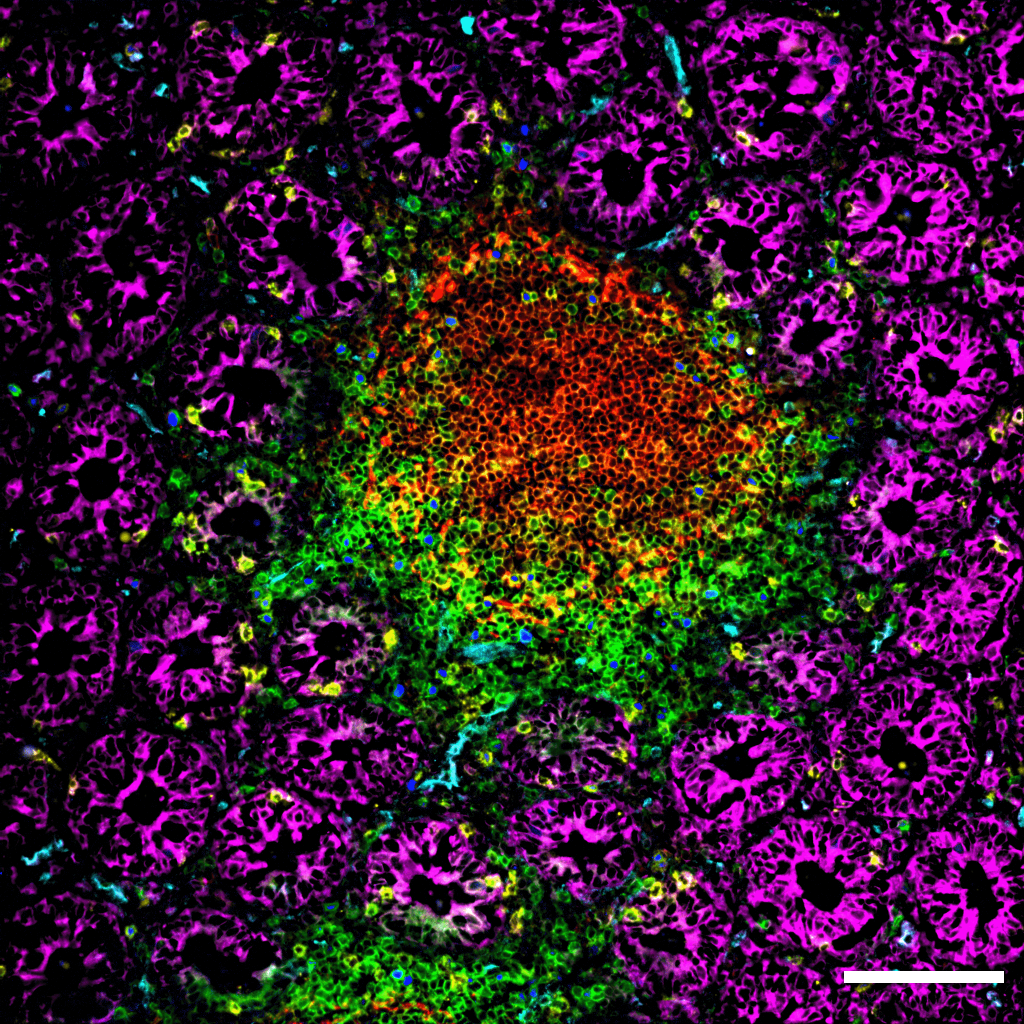
Imaging technologies play a central role in biological research by enabling the visualization of cellular and subcellular structures at the highest resolution. Through advanced microscopy techniques, such as confocal and fluorescence microscopy, researchers can observe dynamic processes in living cells and analyze their interactions in real time. These precise visualizations are crucial for deepening the understanding of diseases and identifying new therapeutic targets.
read more…

Flow and mass cytometry provide powerful methods for analyzing cell populations in real time by examining individual cells based on their physical and chemical properties. These technologies allow for the simultaneous measurement of multiple markers, delivering detailed information about cell diversity, activation, and state. This is especially important in immunology and cancer research, where understanding heterogeneous cell populations is critical for developing new therapies.
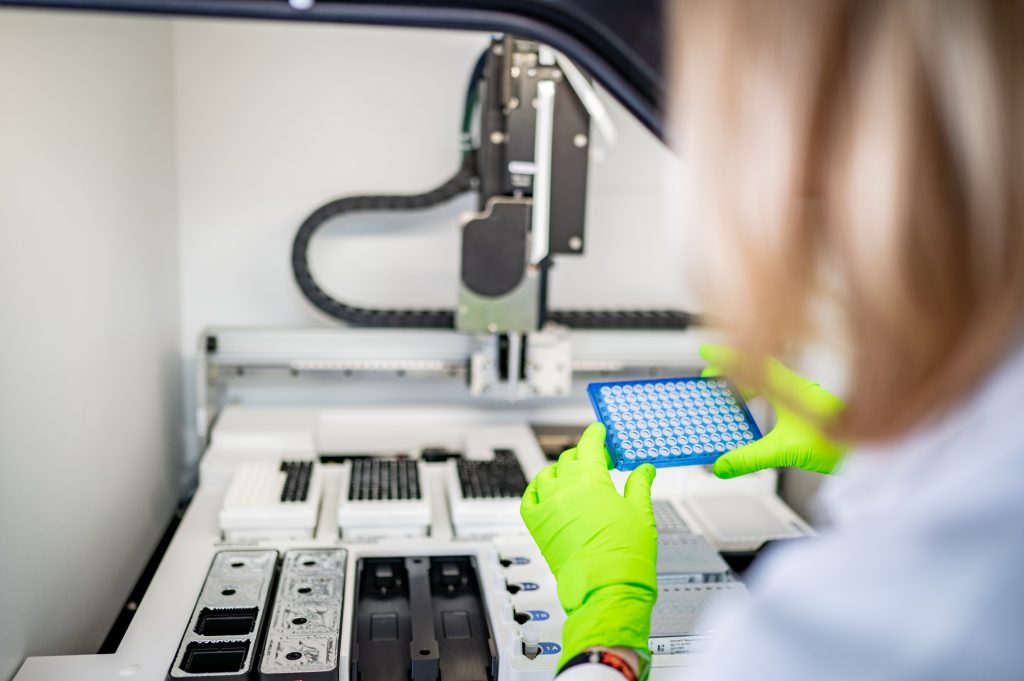
Robotic solutions are revolutionizing research at the DRFZ by increasing the efficiency and reproducibility of experiments. Automated systems take over routine tasks such as pipetting and sample preparation, minimizing human error and reducing processing times. These technologies allow researchers to focus on more complex analyses and creative questions, ultimately leading to faster and more accurate research outcomes.
News
Seminars
Alina Grofe, Hauser lab
Melanie Nuesch, Latz lab
Information for Patients and interested parties
Research and Rheumatology
